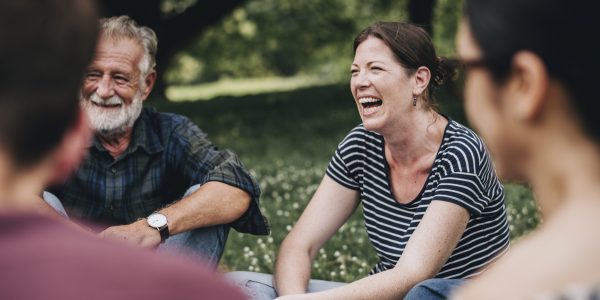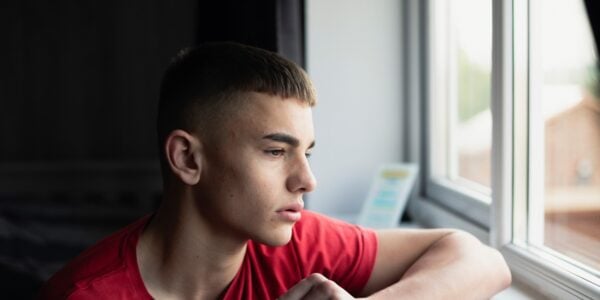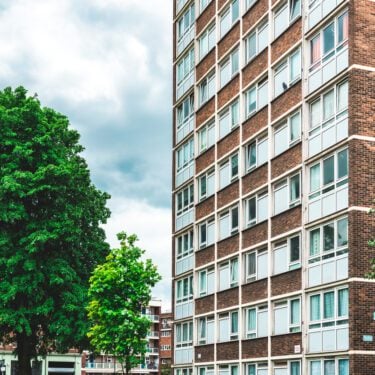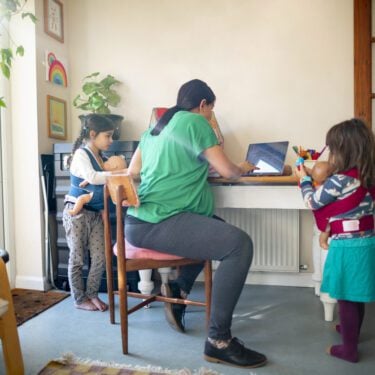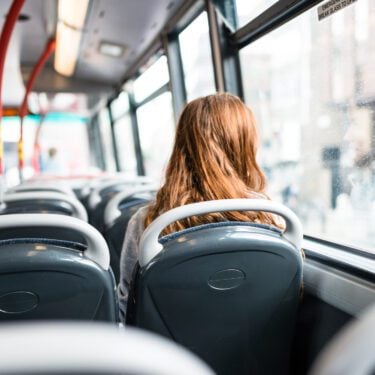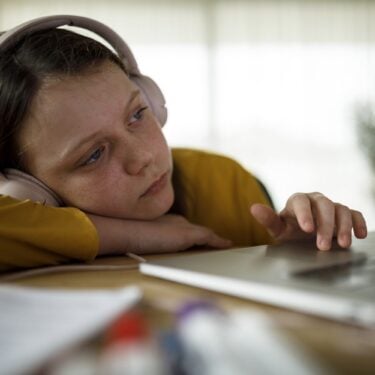Just 13% of people in England feel they ‘fully understand’ the current COVID-19 lockdown rules, with half of adults (51%) in the country saying they understand ‘the majority’ of them, find UCL researchers as part of the COVID-19 Social Study.
This is lower than in Wales (where 15% ‘fully understand’ and 62% understand ‘the majority’ of the rules) and in Scotland (where 15% ‘fully understand’ and 66% understand ‘the majority’ of the rules) but a slight overall improvement on the understanding of the rules in July, when significant lockdown easing first took place and just 45% of people said they understood the rules in England.
The levels of control people feel around aspects of their lives have also shown minor improvement in some areas since July, with three fifths (60%) of respondents feeling in control of future plans, versus half (50%) in July. The same can be seen in feelings of control around employment, with 70% now feeling in control of their employment situation, up from 60% in July.
Despite this, people are still feeling out of control of their mental health, with half (50%) of respondents reporting that they either do not feel at all in control of their mental health, or only feel a little in control. There has been a similar lack of improvement in people’s sense of financial control, with 2 in 5 respondents (39%) not feeling properly in control financially.
Launched in the week before lockdown started, the ongoing UCL COVID-19 Social Study is funded by the Nuffield Foundation with additional support from Wellcome and UK Research and Innovation (UKRI). It is the UK’s largest study into how adults are feeling about the lockdown, government advice and overall well-being and mental health with over 70,000 participants who have been followed across the last 30 weeks.
Lead author, Dr Daisy Fancourt (UCL Epidemiology & Health Care) said: “Levels of understanding around what is and isn’t allowed under current lockdown restrictions have dropped markedly since nationwide ‘strict lockdown’ has ended. This issue may well also be exacerbated by the newly introduced system of tiers in England and the differing policies of the devolved nations.
“As well as this potentially leading to people breaking rules they don’t fully understand, confusing messages or unclear communication could result in people disengaging from trying to keep abreast of restrictions, which could well lead to lower compliance in the long term.
“These developments are especially worrying at a time when the number of cases continues to climb, so it is vital that the government improves communication of lockdown restrictions and ensures they are as simple to understand and follow as possible.”
The study also found that stress around catching COVID-19 has increased in the past month, with almost half (45%) of people now worried about either catching COVID-19 or becoming seriously ill from it. This stress has increased across all age groups.
While some people have reported an improvement in their mental health and well-being since the summer, this study helps us to understand the potential impacts of the tighter COVID-19 restrictions which have begun to come into force in some areas of the UK. Indeed, the report shows that over the past few weeks there has been an increase in worries about catching COVID-19 and a slight increase in depression and anxiety for some adults, including those living alone and those with lower household incomes.”Cheryl Lloyd, Education Programme Head at the Nuffield Foundation

